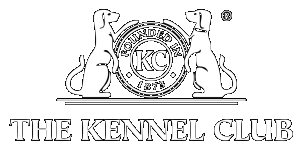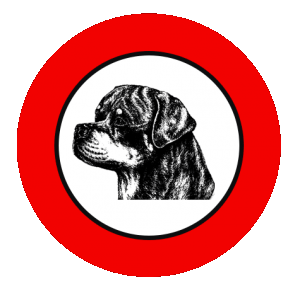
ASSURED BREEDER SCHEME MEMBER


A R V
 ASSURED BREEDER SCHEME MEMBER |
 |
 A R V |
|
|
FEEDING |
What you feed your puppy will
effect the rest of his life.
The first few months are the most critical in terms of nutrition requirements –
he’ll need a particular balance of protein, fat,
carbohydrates, vitamins and minerals.
It is essential that your puppy’s teeth and bones develop properly during his
first year for healthy adult life.
At the moment your puppy is probably partial to cardboard, slippers and the
occasional cushion.
But while he’s growing it’s essential he receives a special high calorie diet.
With such a small stomach, your puppy's food needs to be concentrated to provide
the right amounts of protein, fats, minerals and vitamins.
So please don’t think it is appropriate to give him finely chopped adult food,
scraps from your plate.
The only way to ensure his nutritional requirements are met, is to feed him
specially developed food.
Wet and Dry foods contain everything he needs for healthy growth and vitality.
WEANING?
Your puppy will have already been weaned by me the breeder at about three to
four weeks.
If you need to wean him yourself, introduce him to your preferred puppy food at
about four to five months old,
starting gradually with three or four meals a day.
Once he is weaned you can reduce this gradually so that by six months you can be
feeding your puppy twice per day.
WET OR DRY FOOD?
As long as you chose a special puppy food, there is little difference between
wet and dry food.
Be sure to feed him a good puppy food with all the essential nutrients.
You may like the dry puppy food because it is more convenient than opening a tin
every day, however, your puppy might prefer
the meaty taste and texture of a wet variety, go with whatever you and your
puppy is most happy with.
STOMACH UPSETS
Moving from his first family nest to a new one is a stressful time for a young
puppy.
Don’t be surprised if he has a stomach upset or diarrhoea. To settle his stomach
you can try
feeding small meals of boiled rice and chicken over 24 hours. Then gradually
return to
normal puppy food. If the symptoms persist for more than 24 hours, the worsen or
your
puppy appears unwell, consult your vet.
Even though your puppy will stop chewing everything in sight an start to
behave more like an adult dog, don’t stop feeding puppy food too soon.
For the first six months your puppy is still a puppy, even if he doesn’t look
like one {small breeds matue a lot faster than large breeds} He still needs
all the essential nutrients only a specialised puppy food can provide.
FROM PUPPY TO JUNIOR
There is a second stage of growth before your puppy becomes an adult dog, and,
the bigger the breed, the longer and more important this phase is. After about
five to six months your puppy will reach te junior stage, which is the canine
equivalent of a teenager. Although your puppy’s growth slows down, muscles and
bone will still be developing, so ordinary adult food will not fulfil these
physiological changes. During tis time your dog will need a special junior food
which will enable him to reach his full potential.